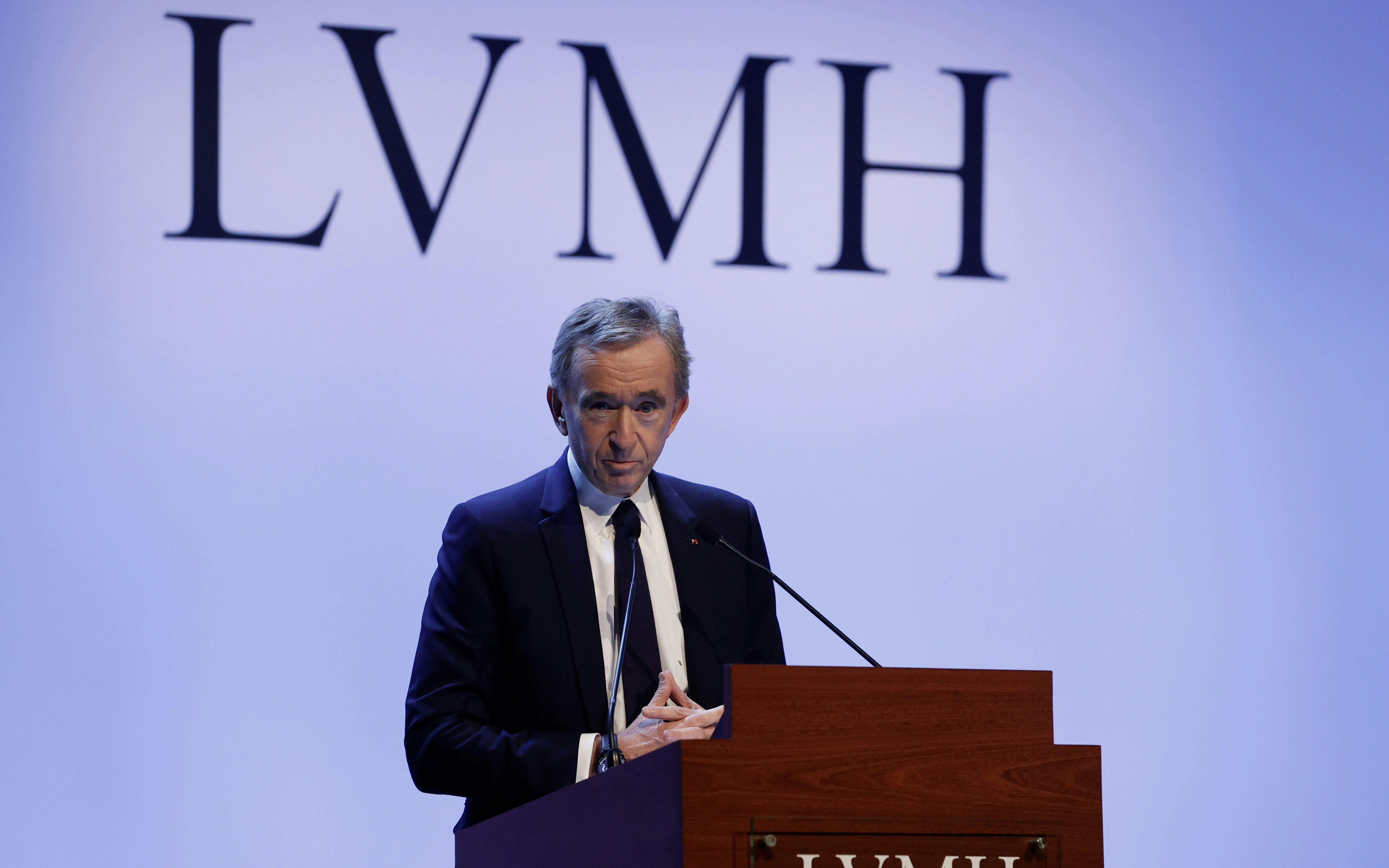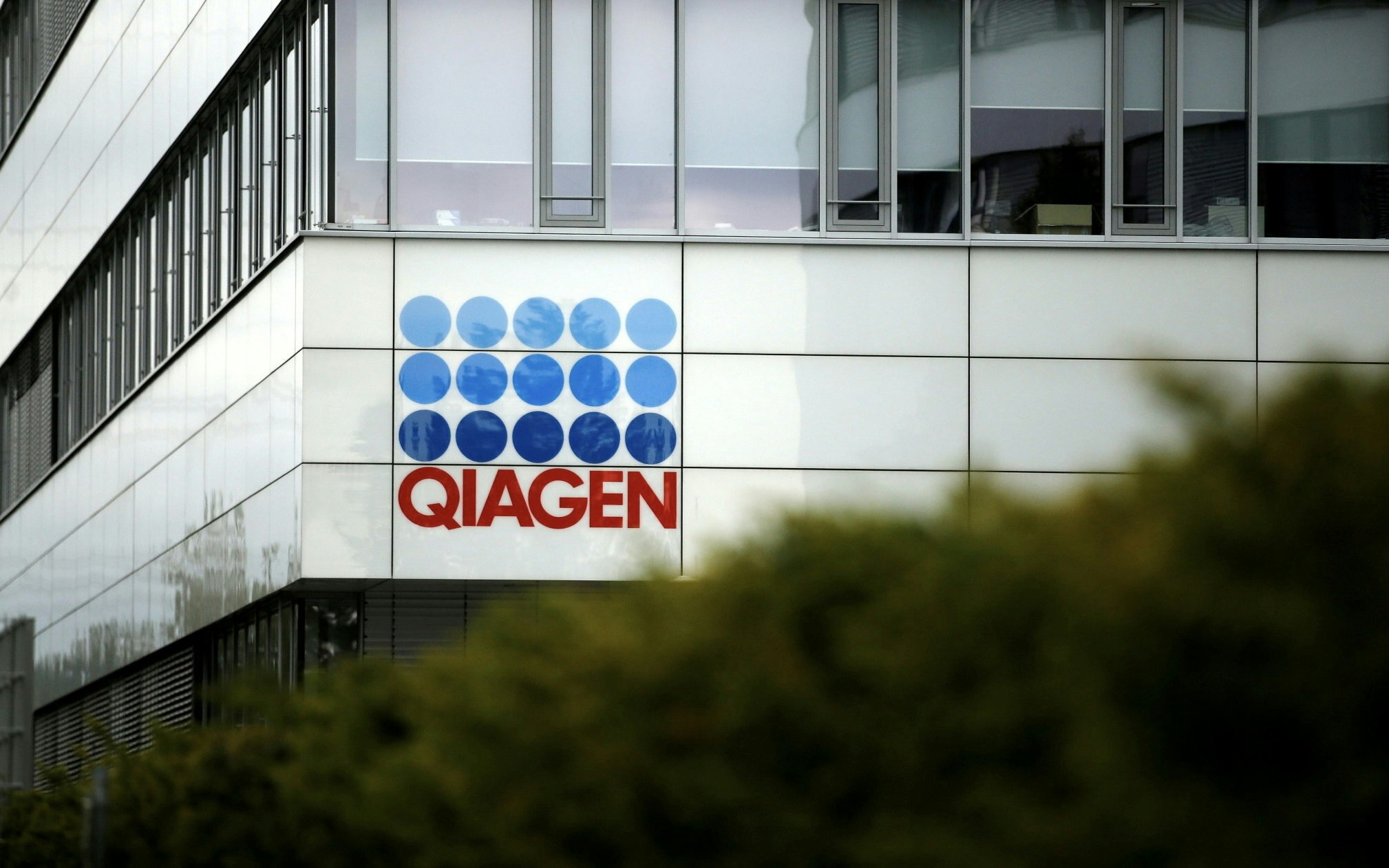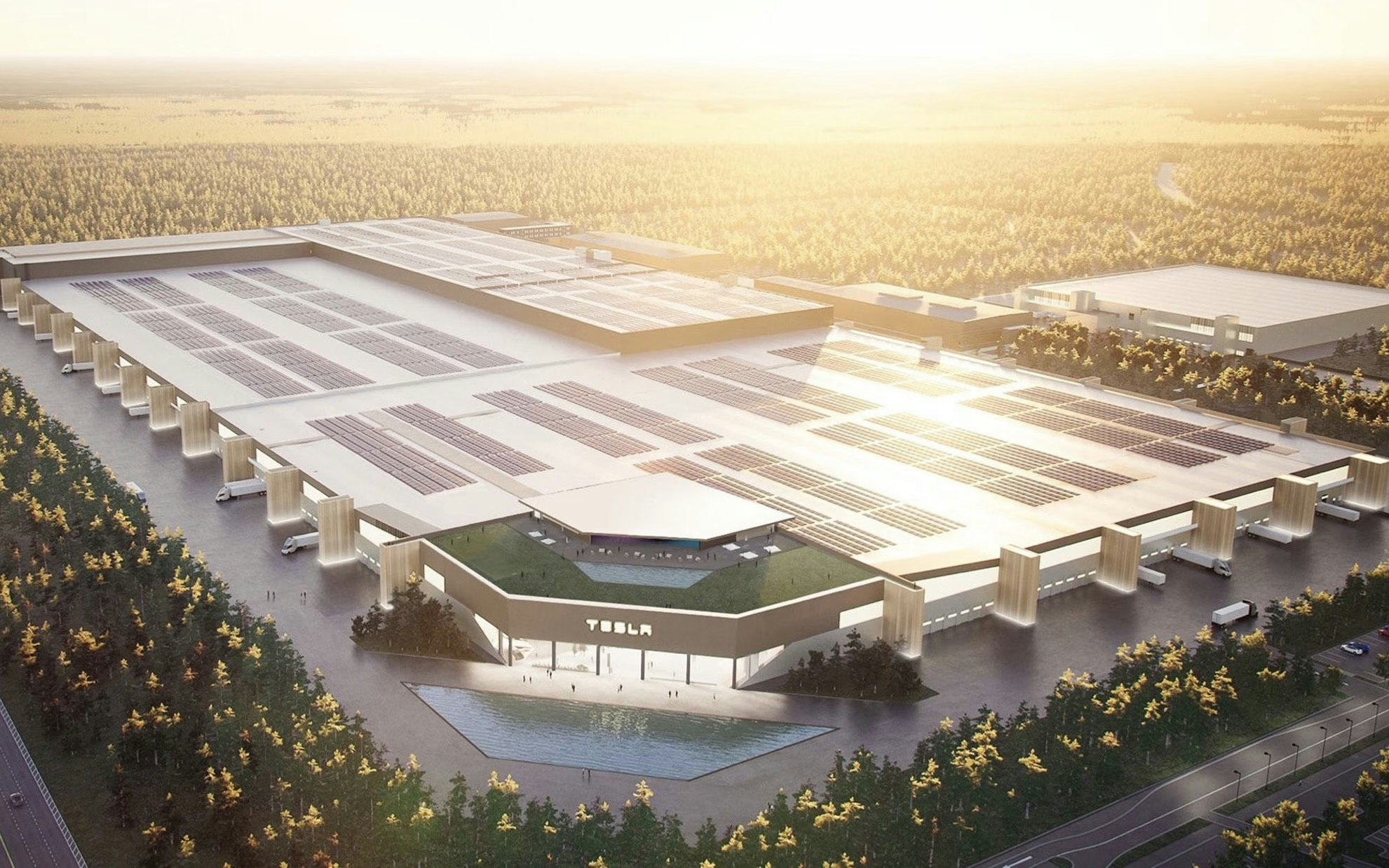Business
LVMH Records Revenue Decline Due to Luxury Downturn
The company emphasizes: Due to uncertain geopolitical and economic conditions, the future remains challenging.

LVMH Moët Hennessy Louis Vuitton Records Decline in First Quarter Revenue, Missing Analyst Expectations Amidst Ongoing Uncertain Geopolitical and Economic Environment. The French luxury conglomerate, which includes brands such as Dior and Louis Vuitton, reported on Tuesday a revenue of 20.69 billion euros for the first three months of the year, representing a 2% decrease compared to the same period last year.
According to an estimate compiled by Visible Alpha, analysts had expected a group revenue of 21.14 billion euros. Organic revenue increased by 3%, compared with an organic growth of 17% in the same period of the previous year, when the company experienced a significant upturn in Asia.
The Core Fashion and Leather Goods Division Contributed 10.49 Billion Euros to Group Sales, Compared with 10.73 Billion Euros in the Prior-Year Period. This Was Below Analyst Forecasts of 10.66 Billion Euros.
In the wines and spirits sector, the company recorded an organic decline of 12%. This division is under pressure as demand for high-quality spirits in the USA has fallen, leading to high inventory levels.
Analysts had already anticipated a sluggish start to the year, as the luxury sector continues to struggle with a weakening of demand. After years of strong performance following the peak of the pandemic, the industry is facing a normalization of sales growth, caused by inflation and high interest rates that burden consumer spending.
Despite the challenges for all players in the sector, the trend varies by company, depending on which customers they cater to more effectively. Brands that appeal to status-conscious consumers are particularly affected by the downturn, as these customers have significantly reduced their spending, while companies that serve a wealthier clientele perform better, as more affluent buyers are more resilient in times of macroeconomic weakness, according to Barclays analysts.
The normalization trends in the sector are now well known to the market, however, there will be differences between the best and the worst players, with Chinese demand being the decisive factor, according to analysts at Bank of America.
Regionally, LVMH recorded strong growth in Japan with an organic growth of 32%. However, in Asia excluding Japan, sales fell by 6%. The company had a difficult comparison base in the region since it had benefited from the lifting of health restrictions in China and an upturn in international travel during the same period in 2023.
"Economic Problems in China and a Slower than Expected Recovery of the Country Contributed to the Further Slowdown in Demand for Luxury Goods. China, which was the largest luxury market in the world before the pandemic, is experiencing a sustained downturn in the real estate sector as well as weak exports and consumer demand."
"We are sticking to our 'soft landing' scenario," wrote the analysts at Bernstein in a note to clients, noting that the LVMH update is a sign that this remains the most likely scenario. The comparative baseline should become significantly easier in the coming quarter and even more so in the second half of the year, which should signal higher growth, said Bernstein.
The owner of the jewelers Bulgari and Tiffany remains vigilant and confident despite the uncertain environment, saying they have had a good start to the year.







